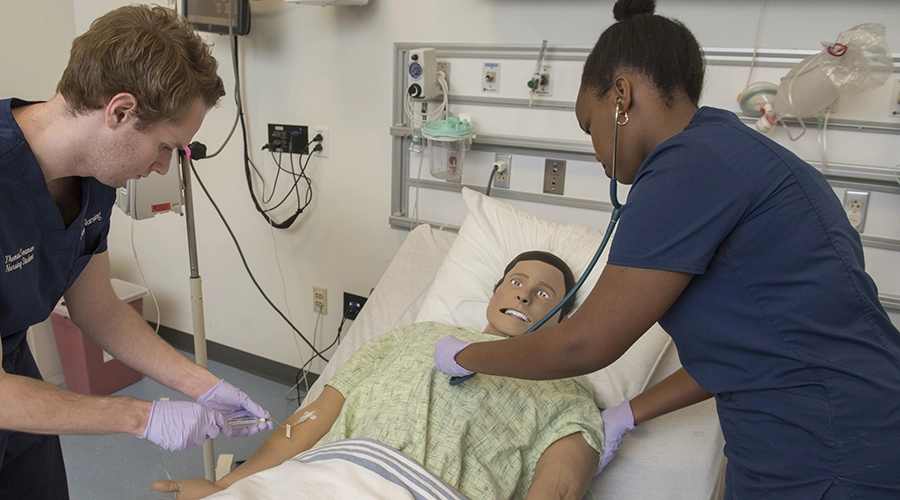Philanthropy is essential to Penn Medicine’s prowess in spurring innovations.
Vision and Victories
Philanthropy fuels—and follows—groundbreaking advancements at Penn Medicine
Donors with the vision to see what is possible at Penn support trailblazing scientists and strategies for addressing the most urgent questions in medicine. Many others are inspired by foundational and groundbreaking research that emerges from Penn Medicine labs.
The Personal Touch
Penn and Penn Medicine have long been among the top recipients of National Science Foundation and National Institutes of Health funding, and the return on investment is formidable. According to AUTM, Penn leads U.S. universities in the number of inventions, patents, and royalties—even more than the entire University of California system.
However, these grants may pose limitations. Federal agencies tend to favor established applicants when awarding grants—blocking promising young talent from crucial funding—and often do not recognize the potential in “high-risk” approaches to complex problems. In addition, compliance requirements often dictate what scientists can do with their funds, and application and reporting protocols can distract from important work.
This is why our donors are pivotal in accelerating the path from inspiration to innovation. That personal touch forever connects the generosity of our friends with all the lives touched by lifesaving discoveries.
Investing in Great Minds
In December 1997, the Abramson Family Foundation made a gift of $100 million to establish the Leonard and Madlyn Abramson Family Cancer Research Institute. At the time, it was the largest single contribution for research to a federally designated comprehensive cancer center and the second-largest gift ever made to Penn.
The Abramsons’ gift was intended to attract top scientists in the field and free them to do research full time. One of the first recruits was Carl June. Hired in 1999, June began studying chimeric antigen receptor (CAR) T cell therapy—which involves engineering T cells from a patient’s blood to produce CARs before reinfusing them into the body—in cancer.
In 2017, the FDA approved CAR T therapy as a treatment for advanced acute lymphoblastic leukemia. Marketed by Novartis as Kymriah®, the pioneering therapy has proved lifesaving for many patients whose cancer has relapsed or failed to respond to other therapies. It has since garnered two additional approvals from the FDA to treat other forms of cancer.
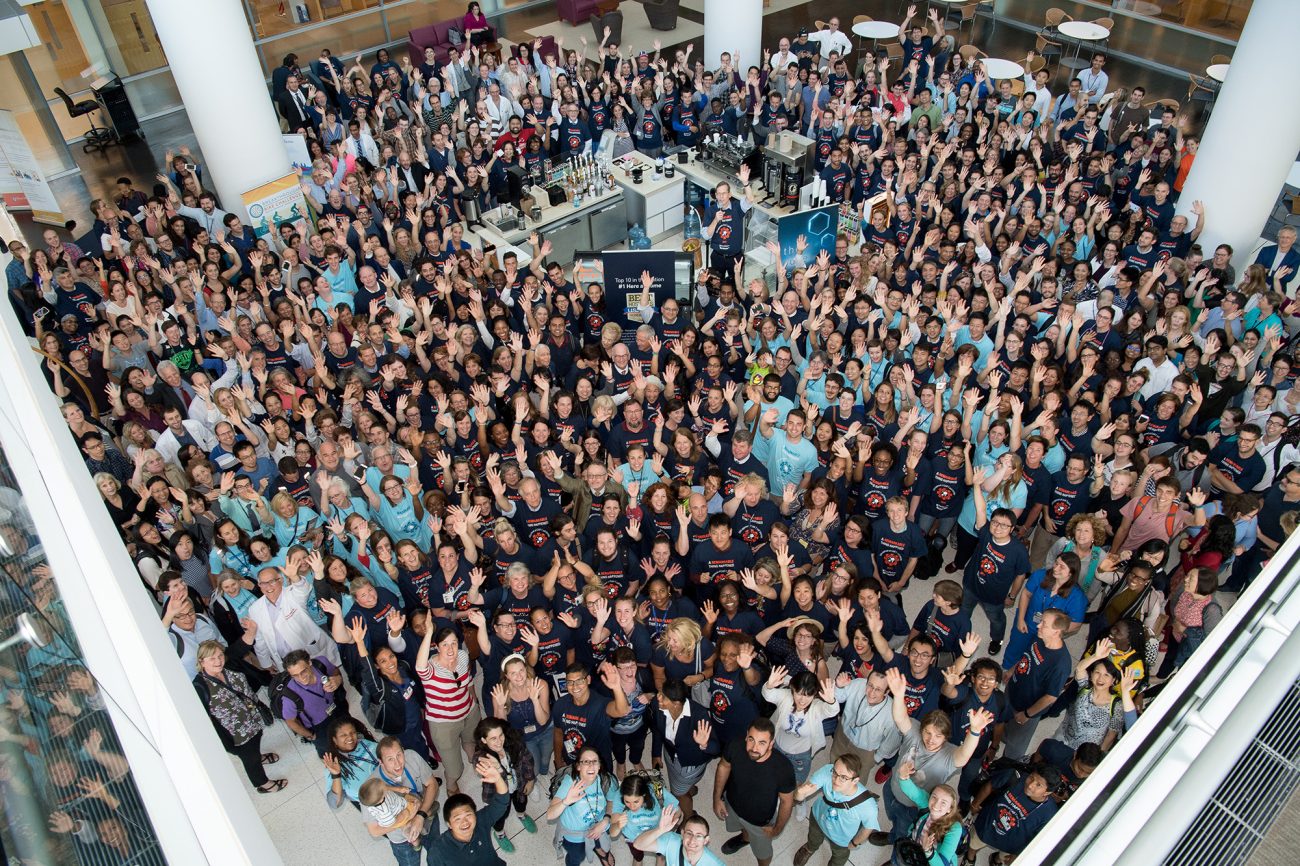
Investments in endowed professorships are another important way donors help to support a spirit of innovation at Penn. These prized positions are key to recruiting, retaining, and supporting pioneering scientific minds. Receiving the Richard W. Vague Professorship in Immunotherapy enabled Carl June to pursue the potential of CAR T at a pivotal point in his research journey.
Named professorships also helped Jean Bennett, the F.M. Kirby Emeritus Professor of Ophthalmology, and Albert Maguire, the F.M. Kirby Professor of Molecular Ophthalmology, pursue a unique research agenda. Their efforts led to the development of a treatment for a rare form of congenital blindness. The therapy improves patients’ eyesight by injecting a corrective gene directly into their eyes via a viral vector. Marketed as Luxturna®, it was the nation’s first commercialized gene therapy for a genetic disease.
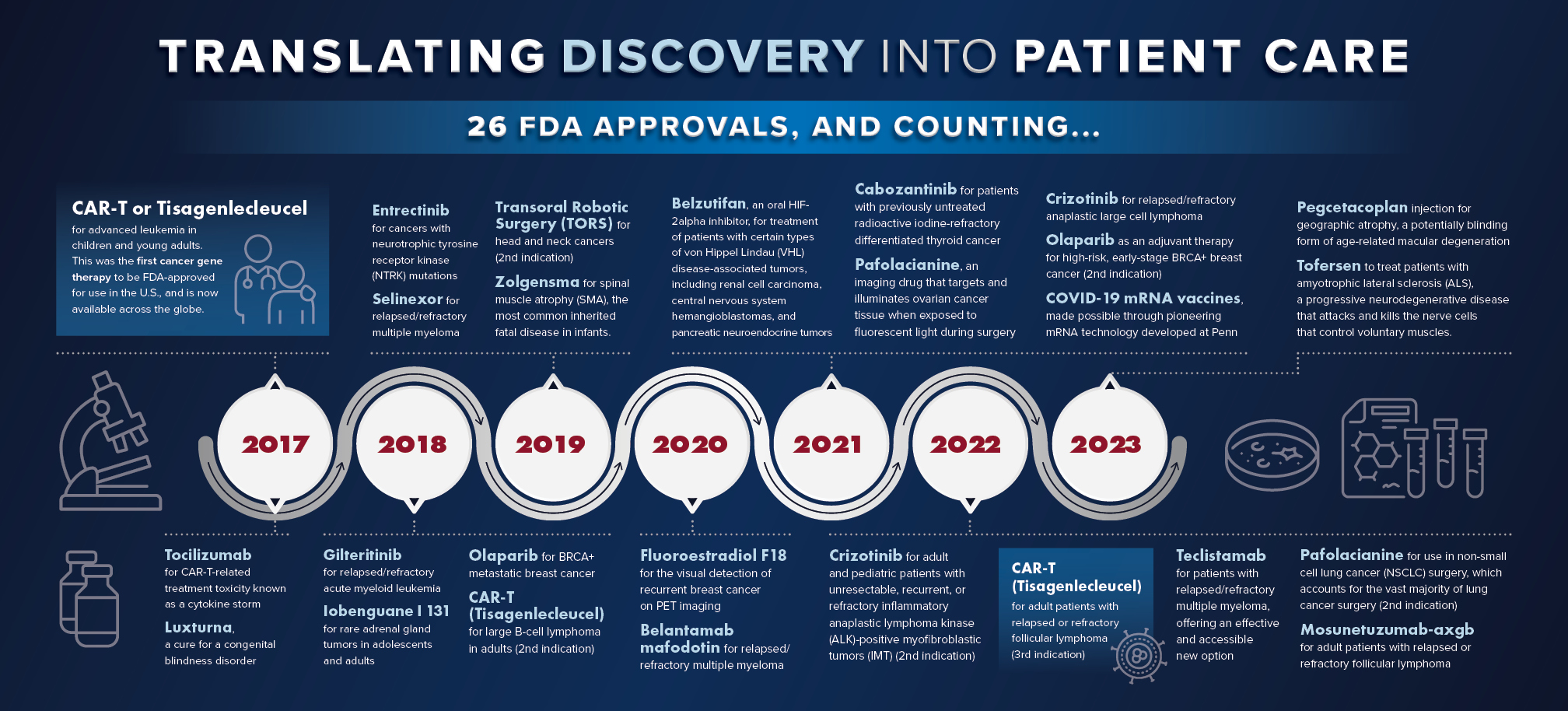
This timeline represents only a portion of the remarkable FDA-approved therapies and treatments that have emerged from Penn Medicine. Many of these advances are connected to or made possible by donor support for professors, postdocs, research, and research centers.
Milestones and Momentum
In 2012, the Basser Center for BRCA was founded with a $25M gift from Mindy, C’92, and Jon Gray, C’92, W’92. Before the Center was founded, there were no targeted therapies for BRCA-related cancers. Now, research in BRCA1/2 targeted therapies has led to the FDA approvals of PARP inhibitors—which attack some hereditary cancers’ reliance on the PARP enzyme for cellular repair and division—for patients with BRCA-related ovarian, breast, pancreatic and prostate cancers.
As a result of the OlympiAD and OlympiA trials co-led by Basser Center Executive Director Susan Domchek, Basser Professor in Oncology, the FDA approved the PARP inhibitor olaparib in 2018 as the first targeted therapy specifically for BRCA-related metastatic breast cancer. In 2022, the FDA approved olaparib for adjuvant treatment of BRCA-related early breast cancer.
The Grays expanded their support in 2022 with a $55 million gift to establish the Basser Cancer Interception Institute, which will target hereditary cancers at their earliest stages. The gift brought their total support of the Basser Center to over $115 million. “The dream of intercepting these cancers at their earliest stages or preventing them in the first place is no longer science fiction,” said Mindy and Jon Gray. “We are thrilled to build on the decade of success at the Basser Center and work towards what should be a transformation in how future generations face these diseases.”
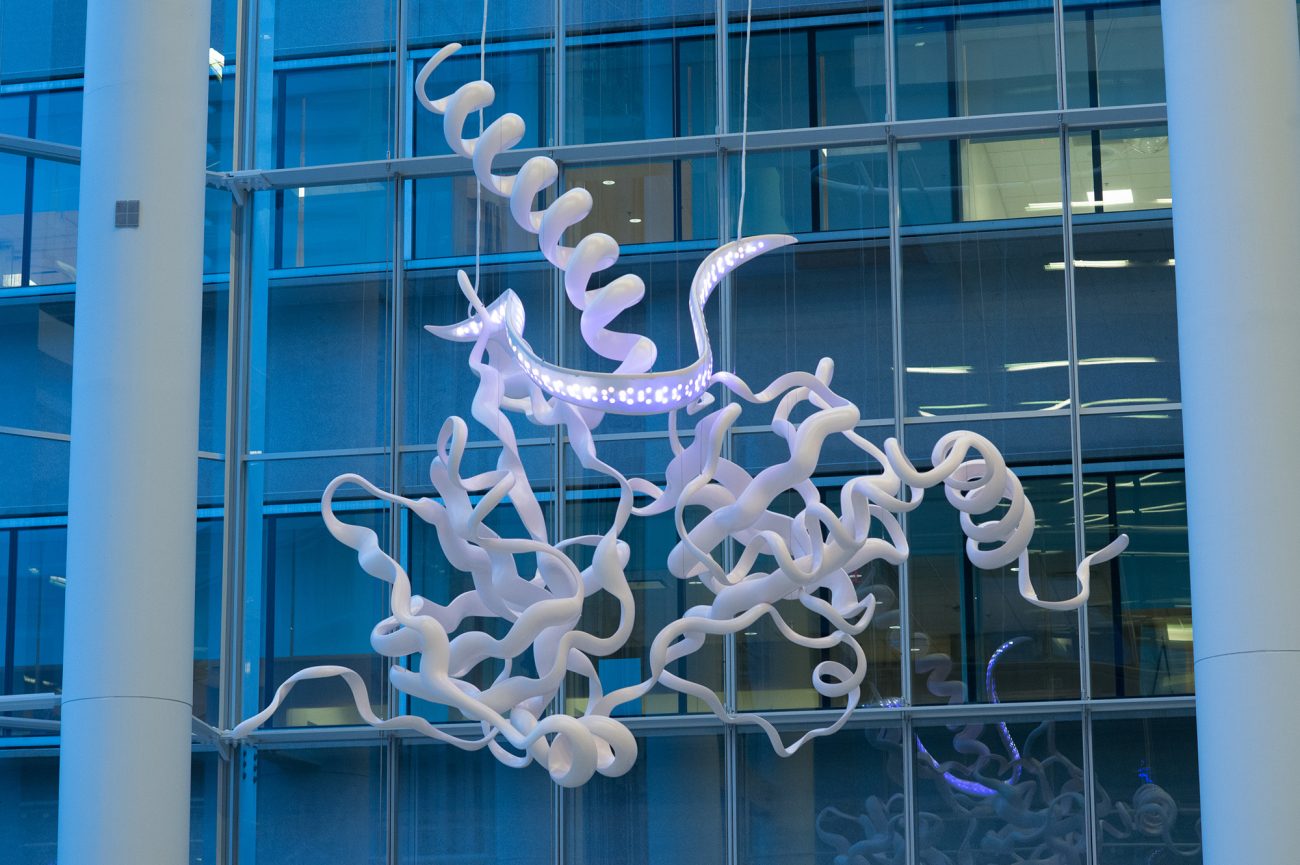
Pandemic Pioneers
Medical marvels that emerge from Penn Medicine are met with resounding acclaim—and often, are followed by gifts to build on that innovative work.
When the mRNA technology developed by Drew Weissman and Katalin Karikó was harnessed to launch the first successful COVID-19 vaccines, the scientists earned numerous accolades, including the Lasker Award, the Albany Medical Center Prize in Medicine and Biomedical Research, and the Breakthrough Prize. They also inspired the Aileen and Brian Roberts Foundation to establish the Roberts Family Professorship in Vaccine Research and the Katalin Karikó Fellowship Fund in Vaccine Development. These endowed funds will provide a foundation for discoveries that will forge a new frontier in vaccine-based treatments, cures, and prevention strategies for an array of diseases.
Penn has long been at the forefront of cutting-edge research and technology advancements, and its discovery of RNA-based vaccines is another incredible achievement for the institution and the city of Philadelphia. Drs. Weissman and Kariko’s unwavering commitment to and passion for scientific discovery is astounding. It is our family’s privilege to support the life-changing research conducted at Penn and we are eager to see how the next generation of scientists and physicians work to accelerate the development of the advanced therapies of the future.”Aileen, PAR’13, and Brian Roberts, W’81, PAR’13
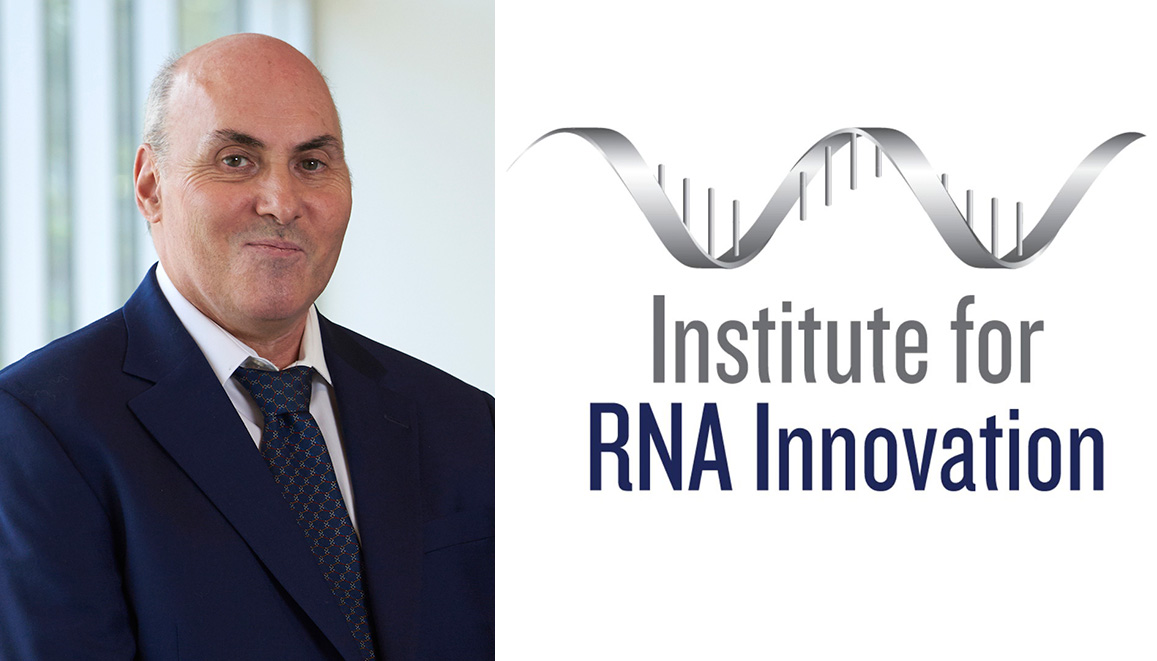
Learn more about Penn-powered medical advancements
Visit the Penn Medicine page on our website to find out how you can take part in fueling the next wave of lifesaving, groundbreaking advancement.
Header photo by Dan Burke.


